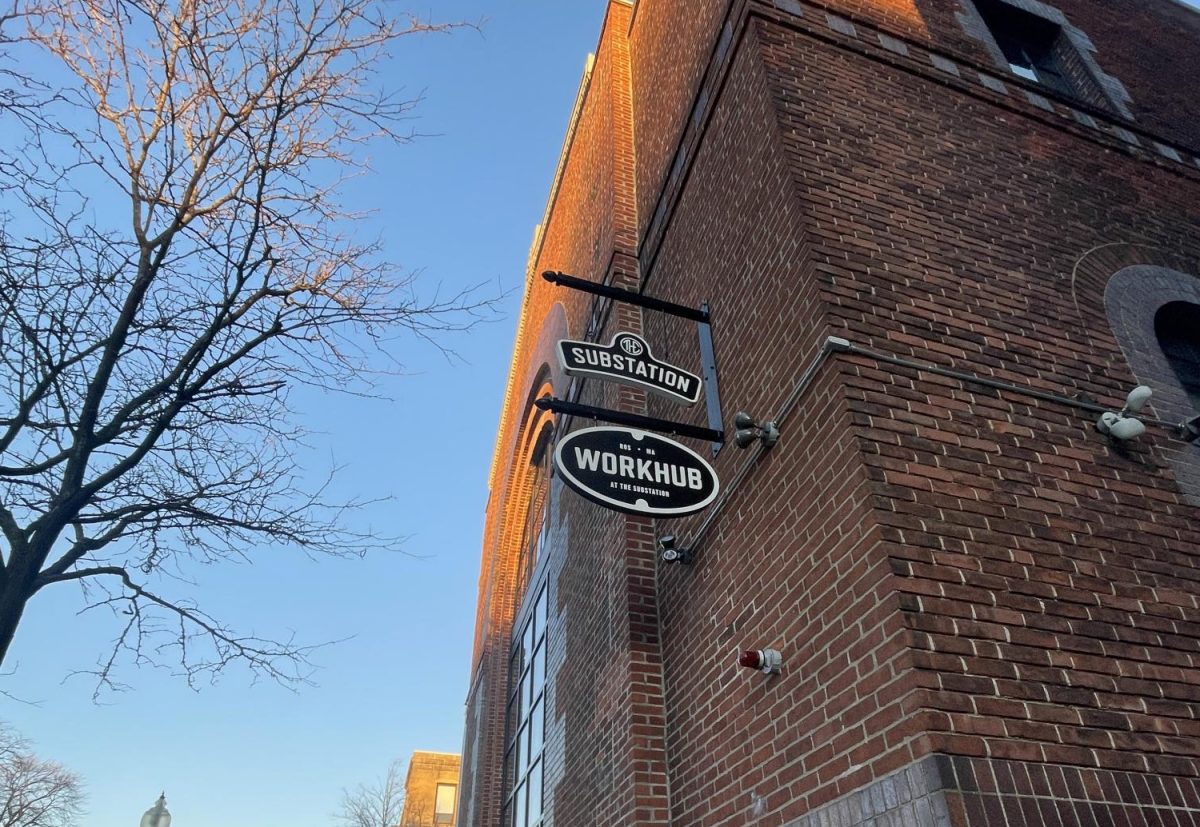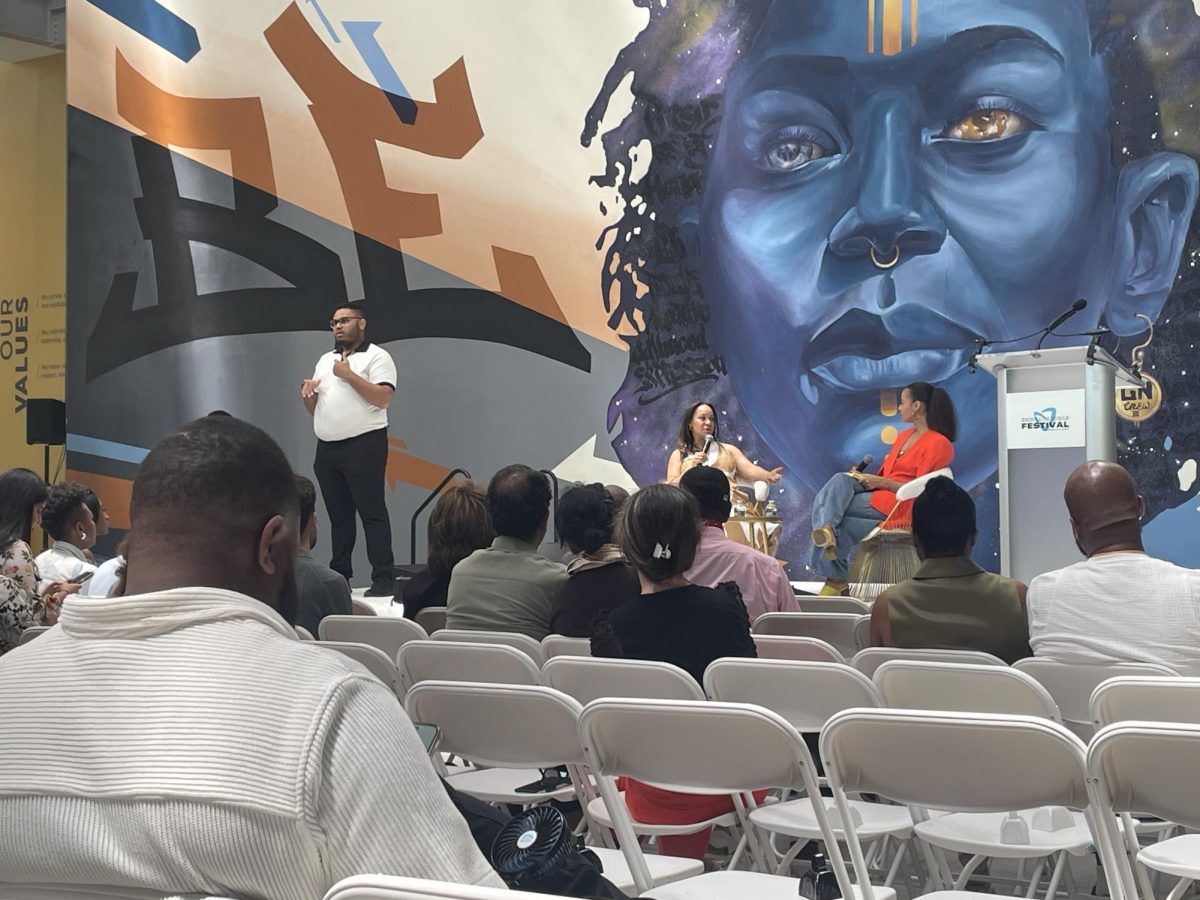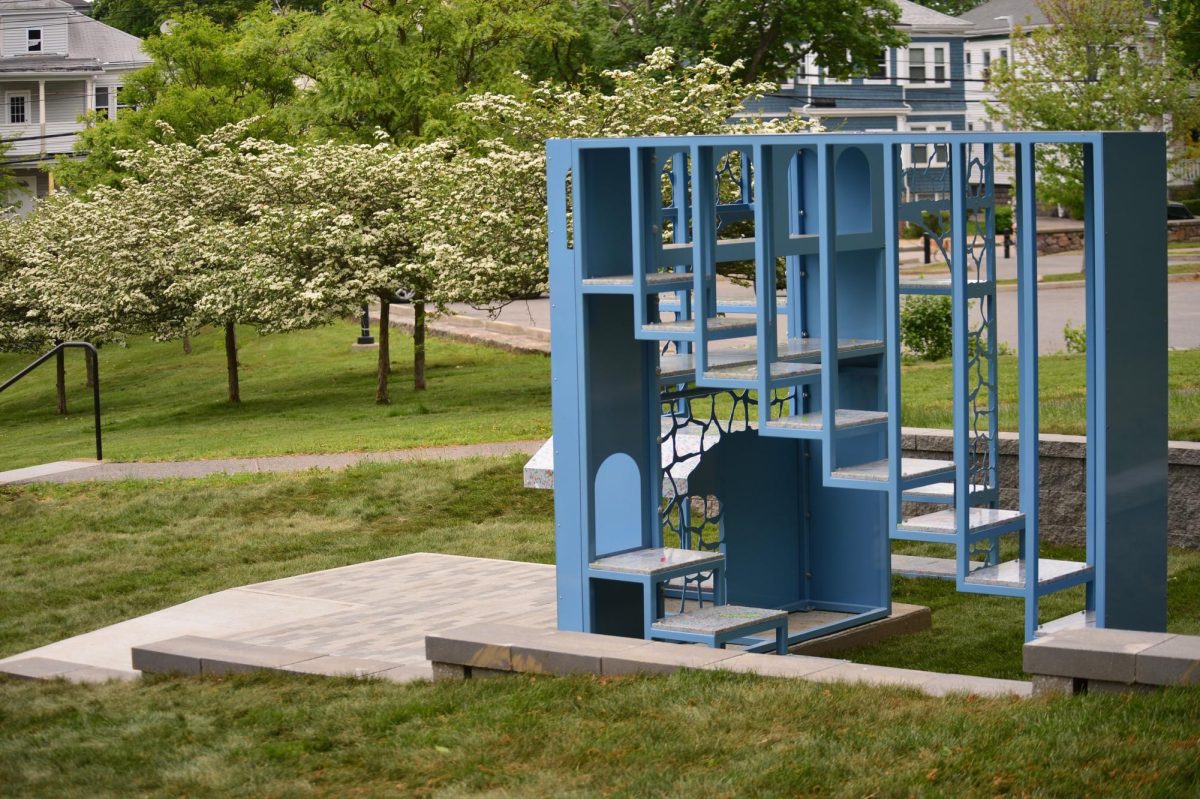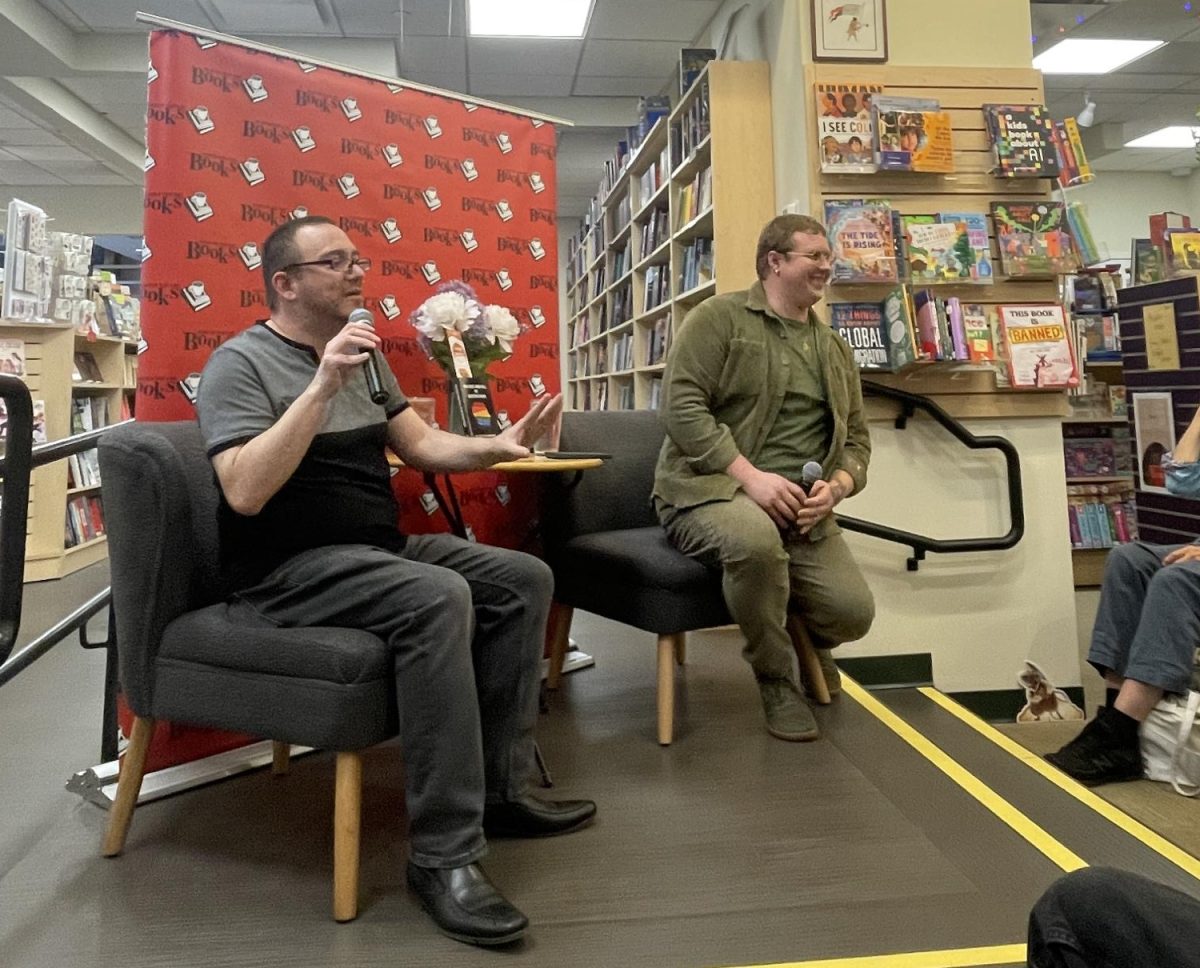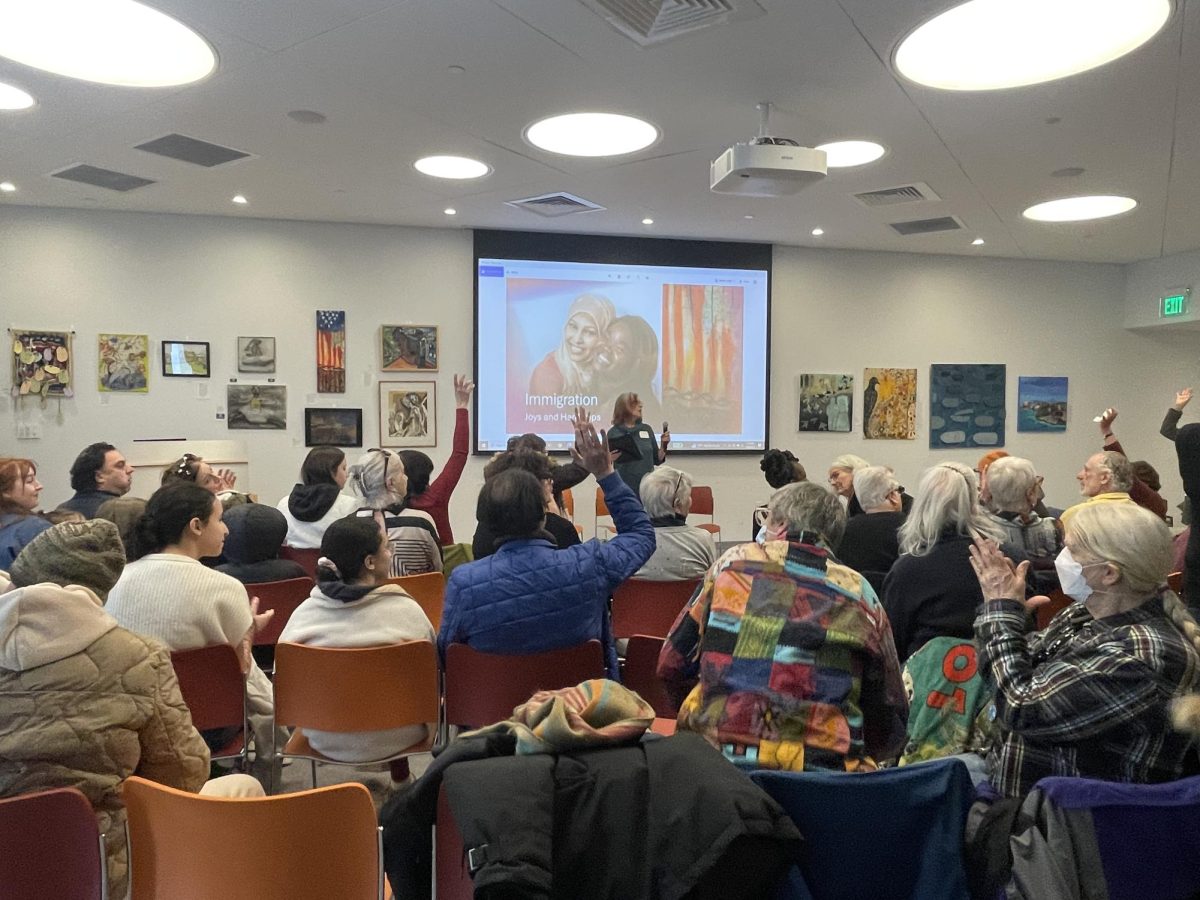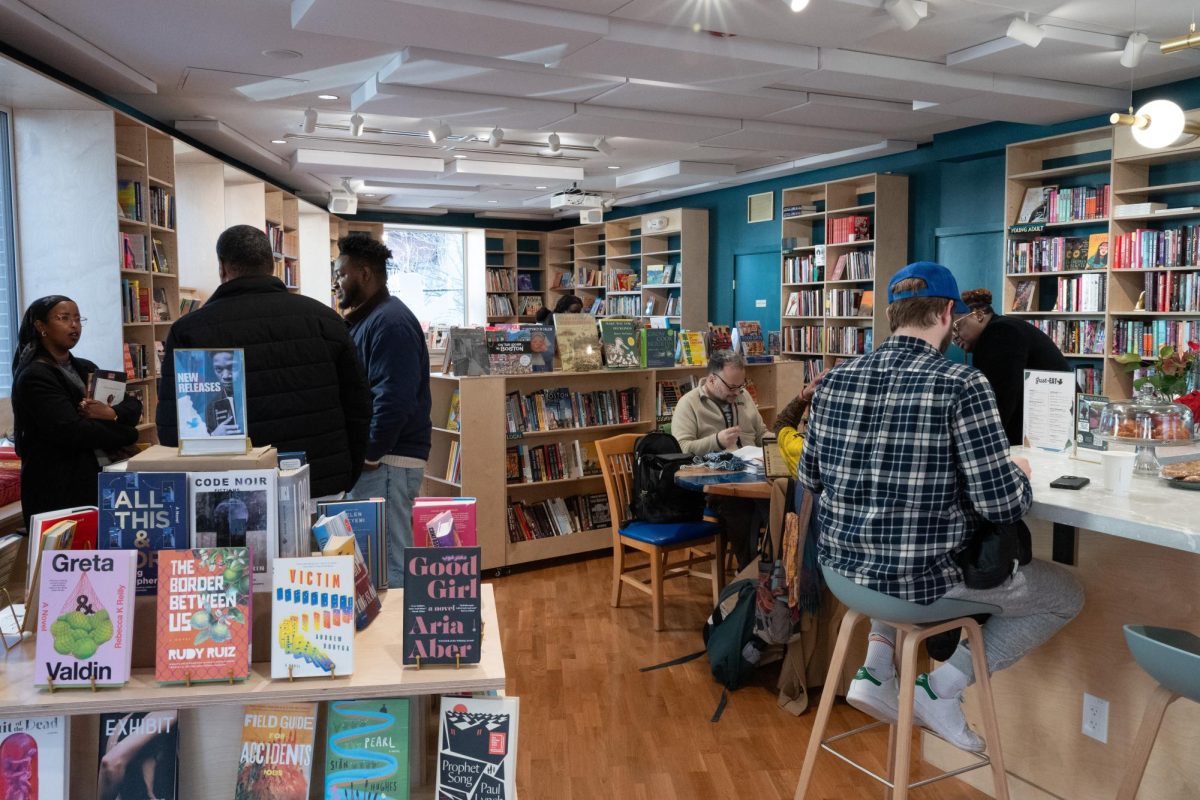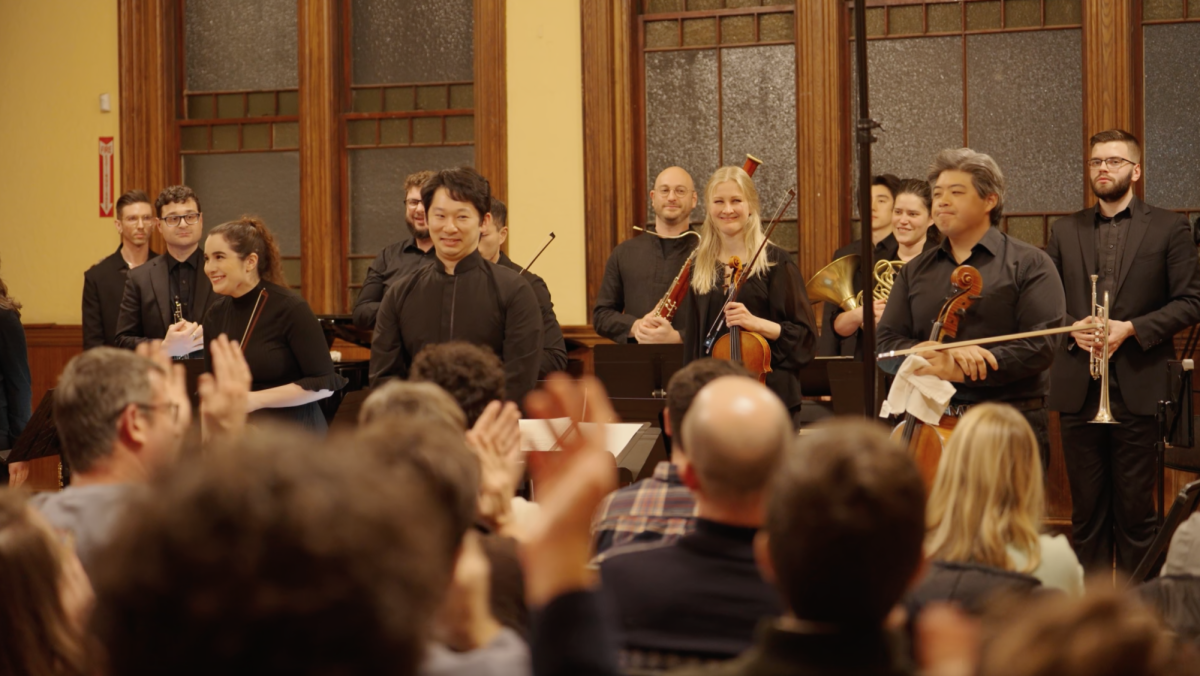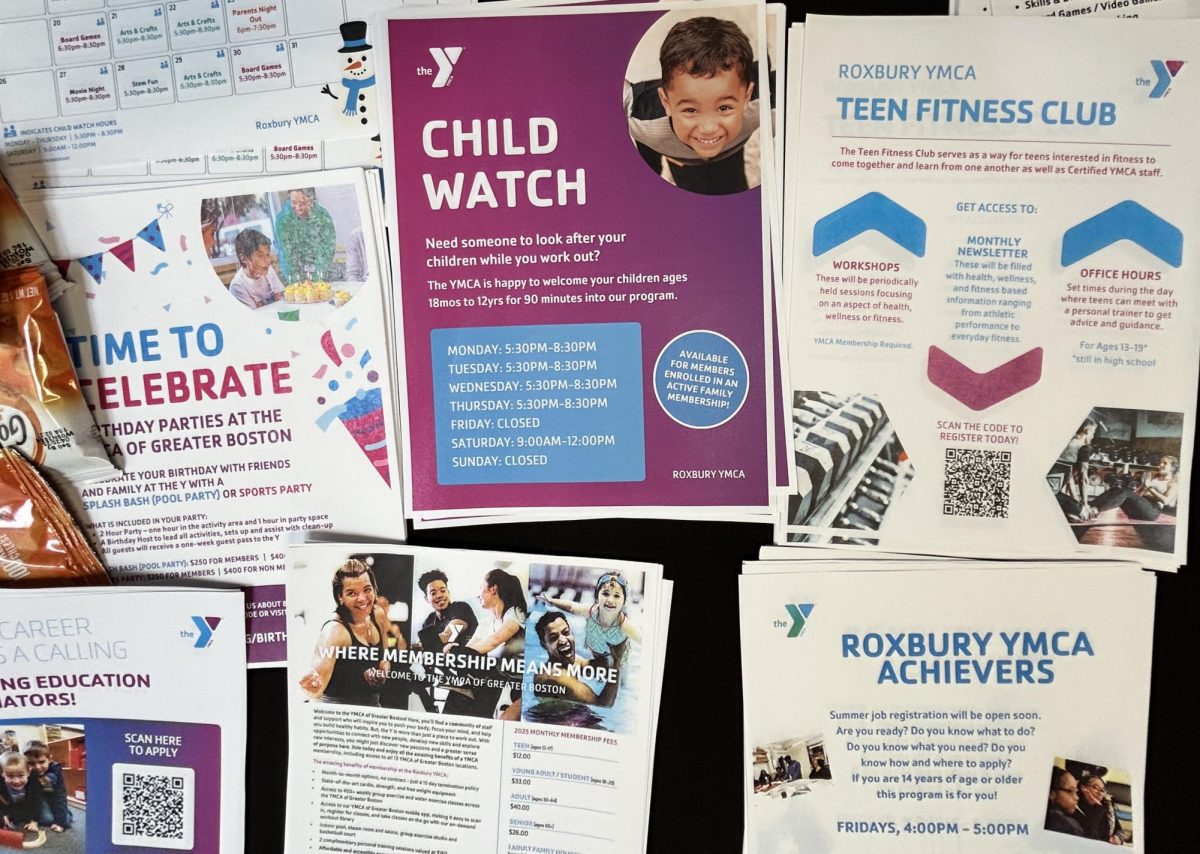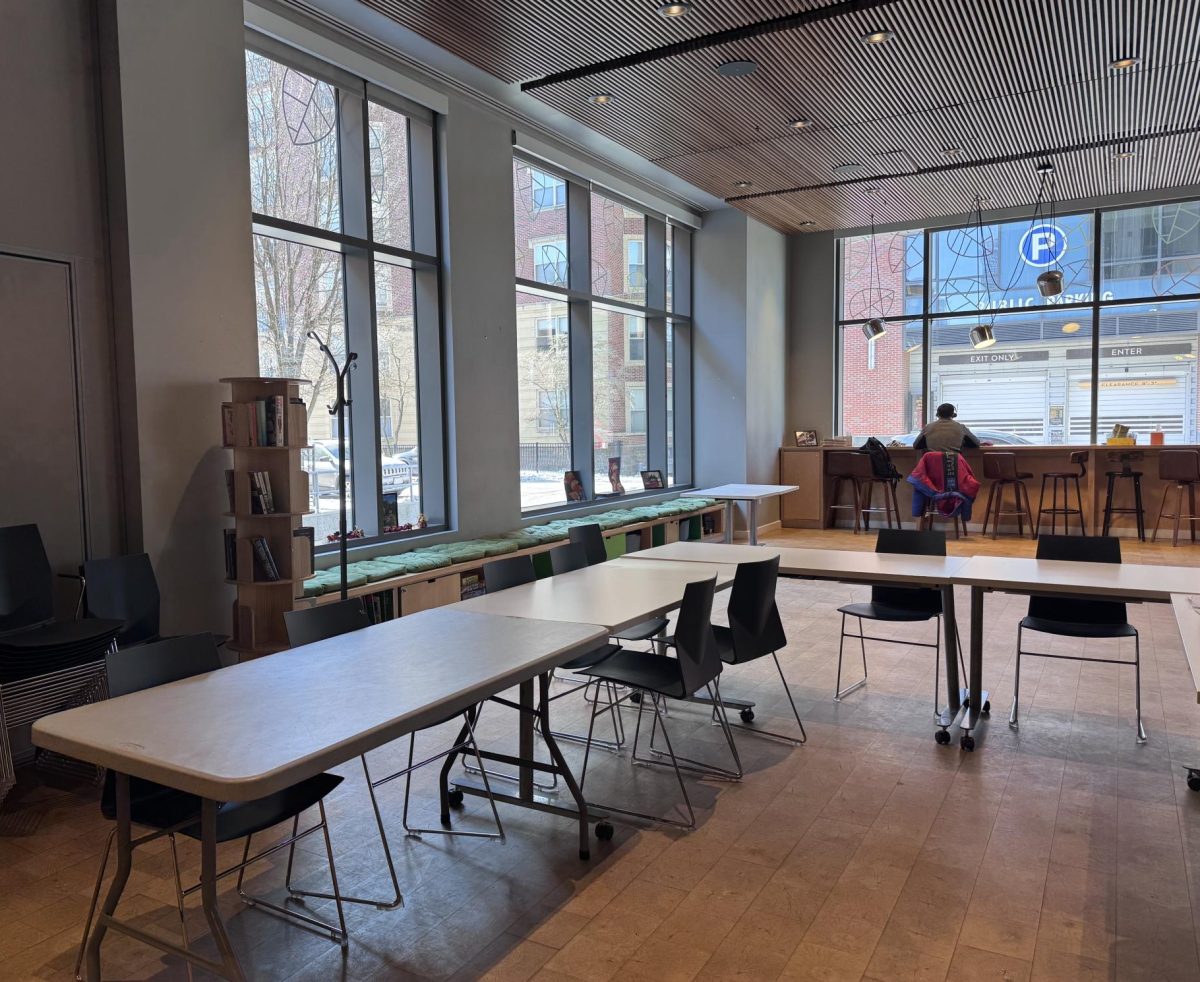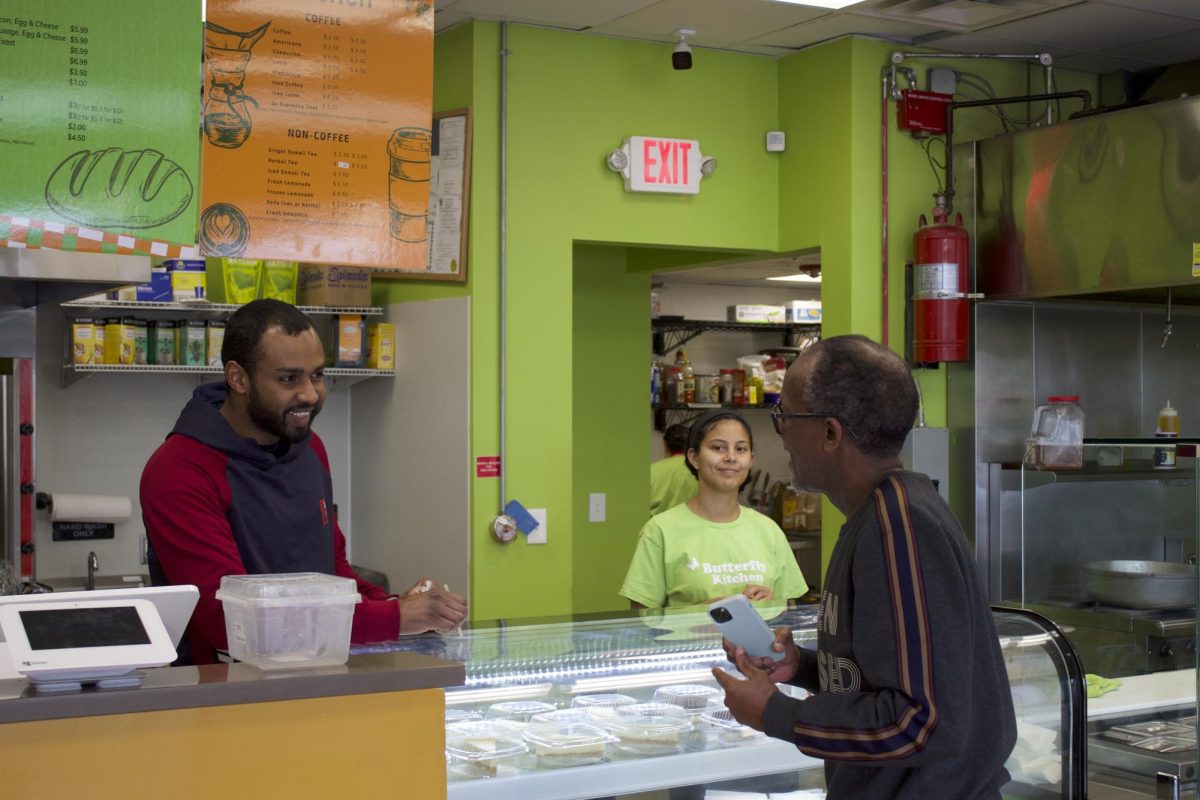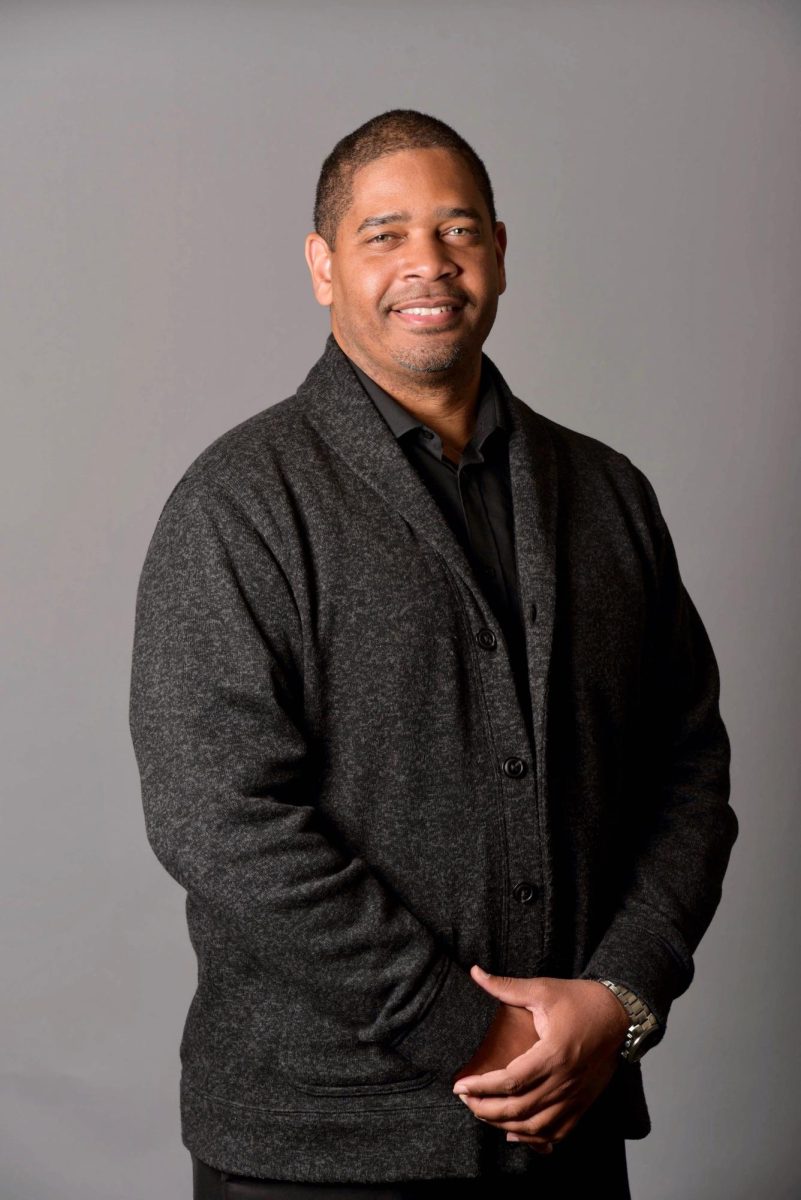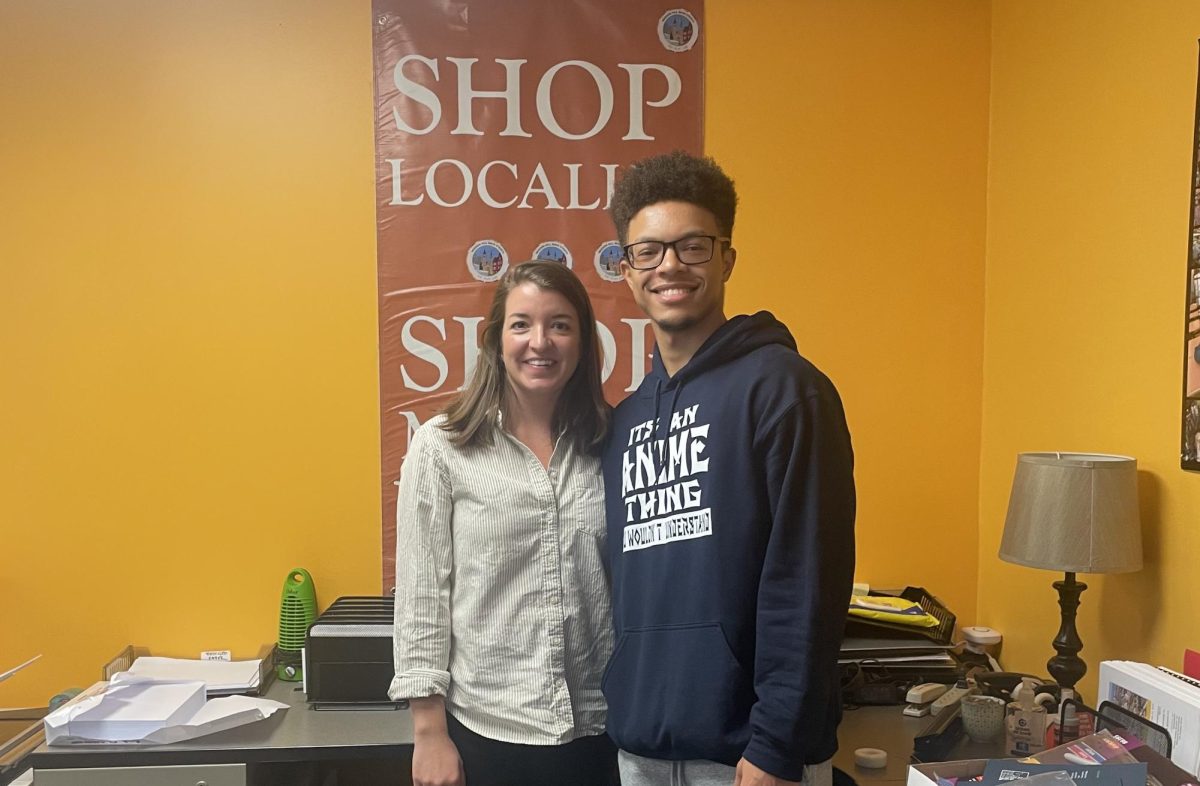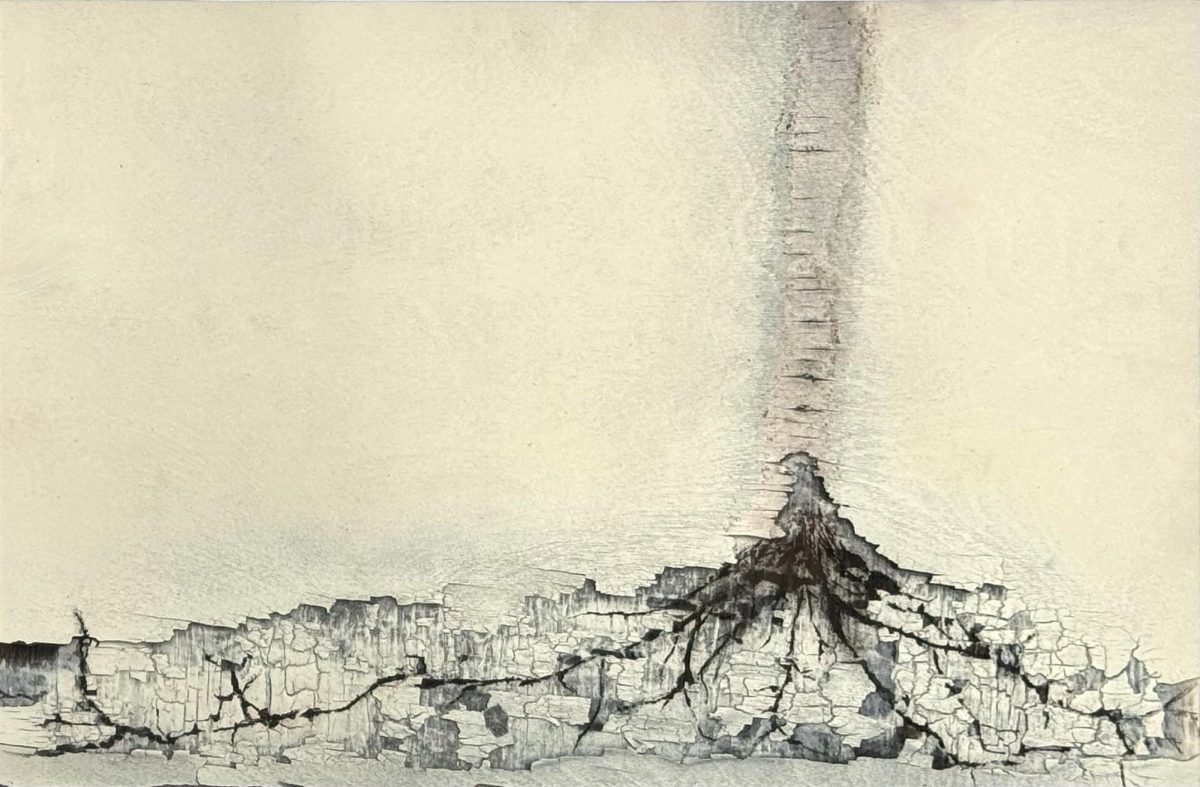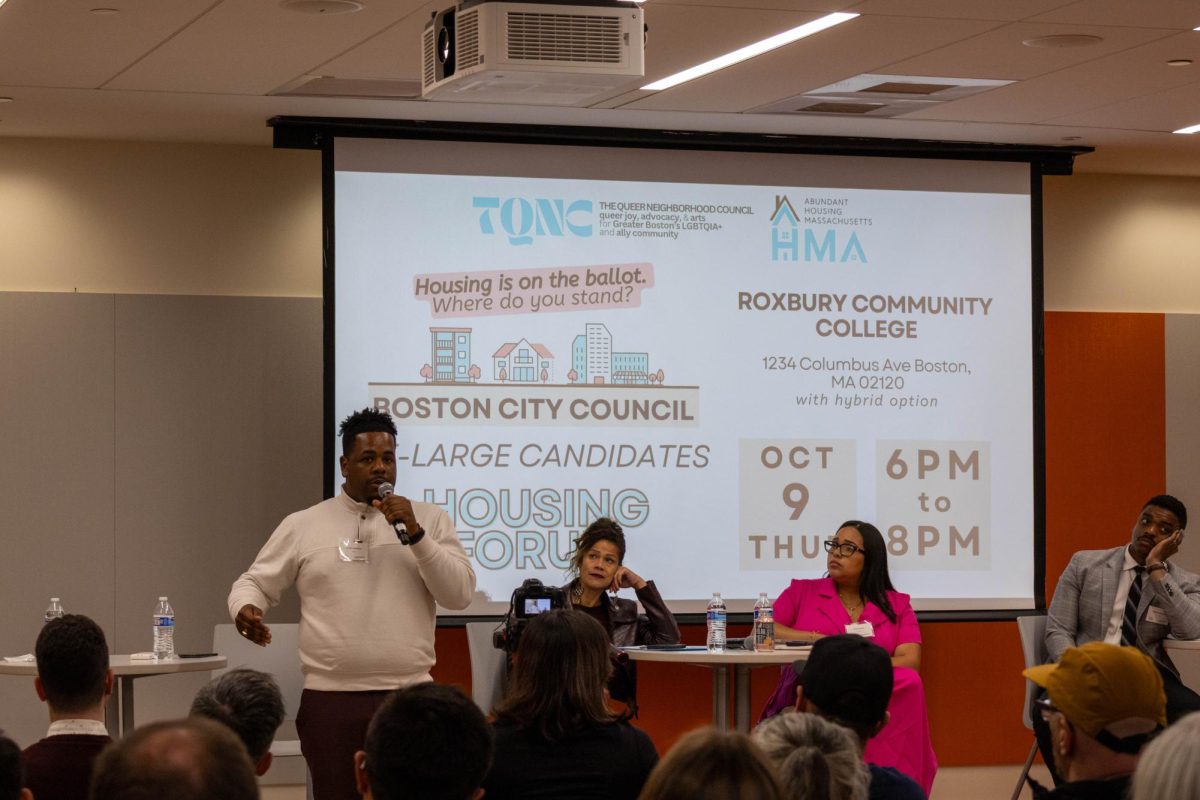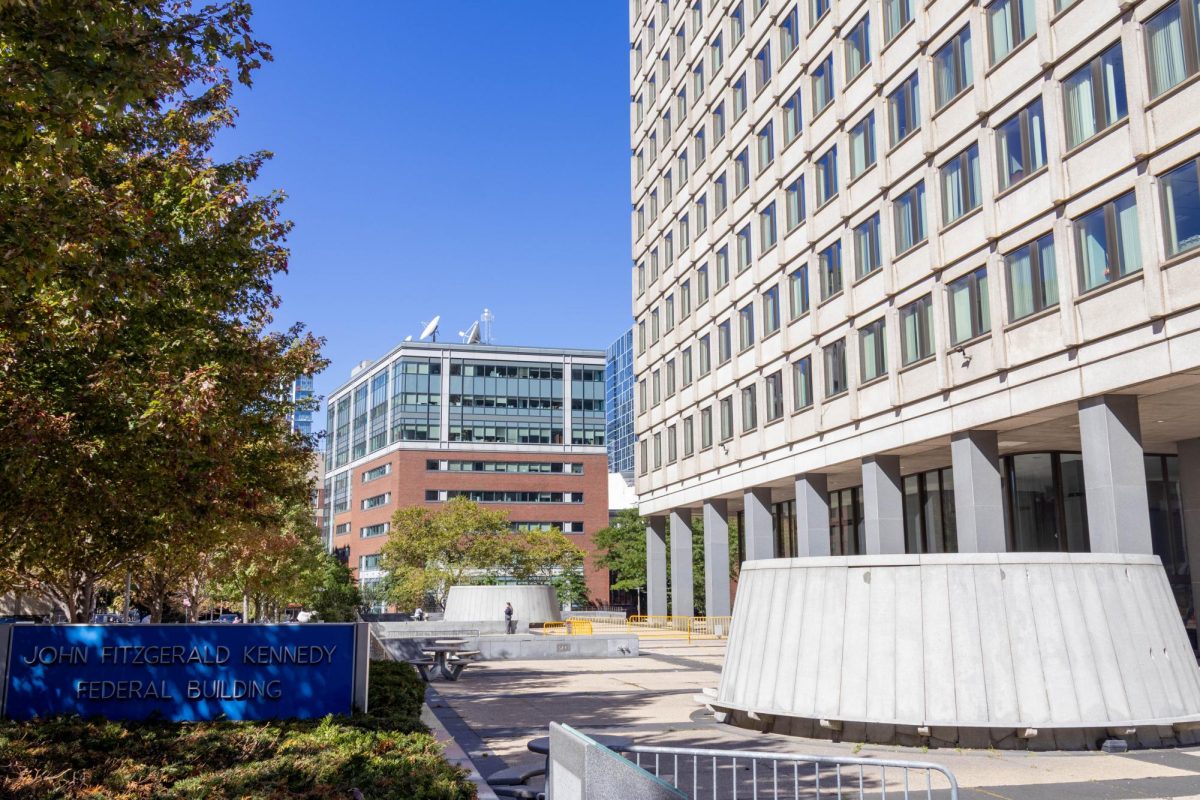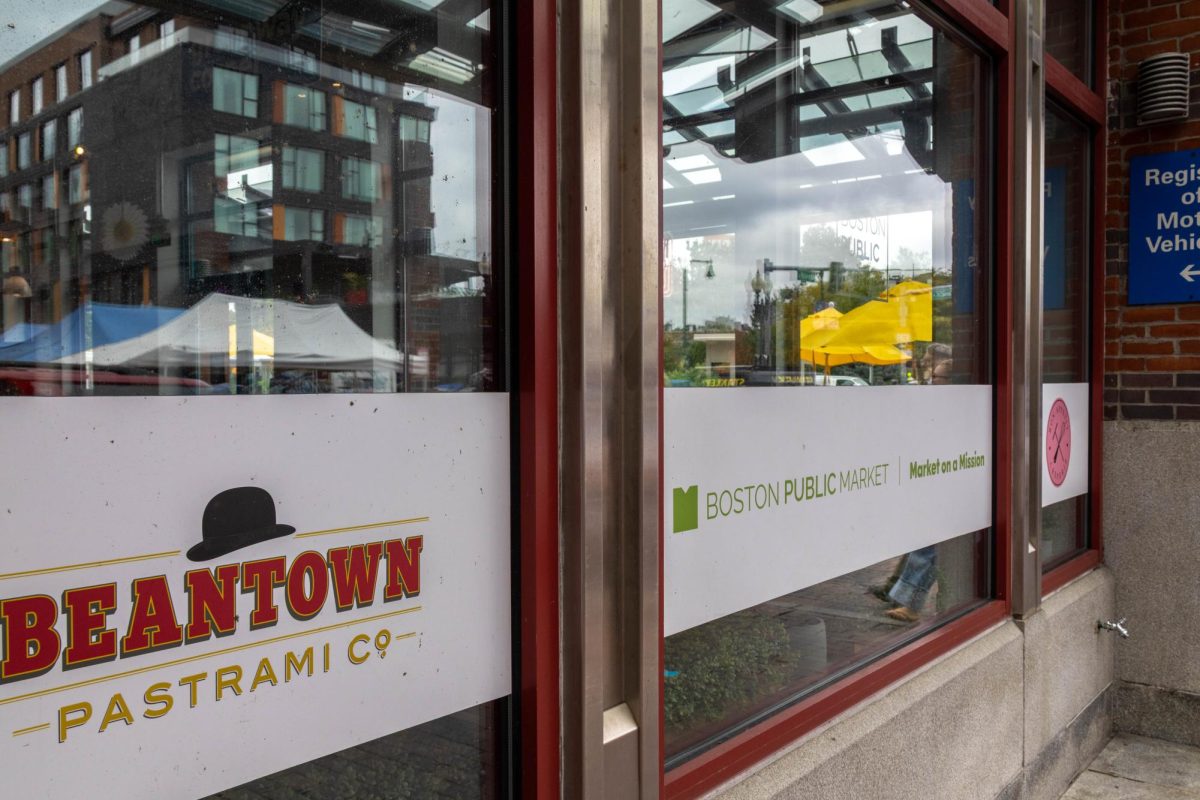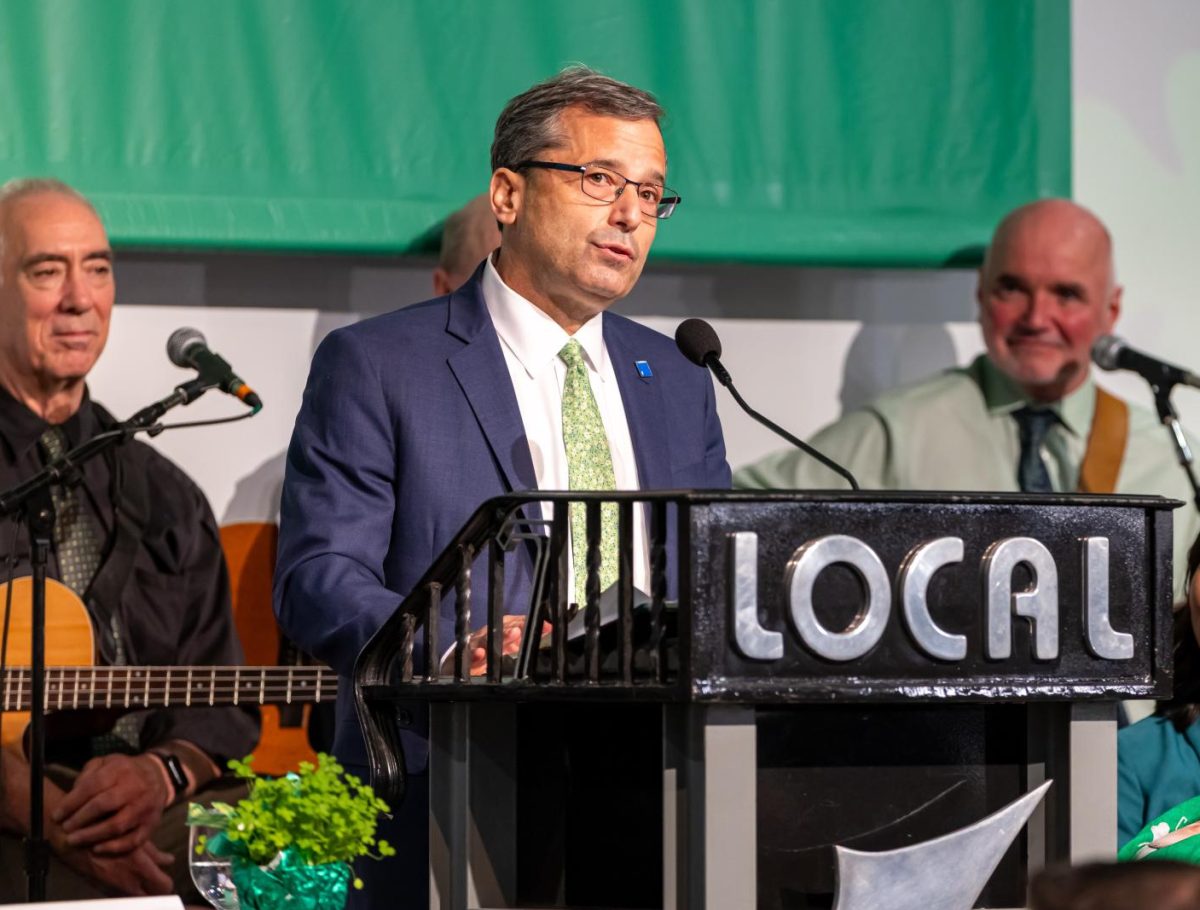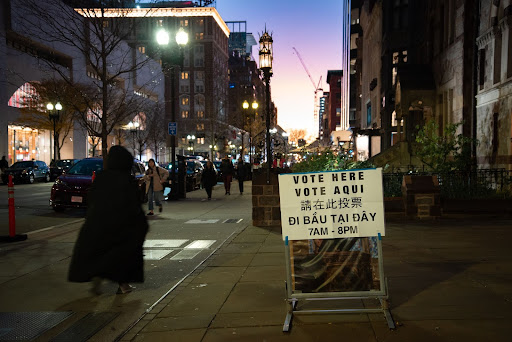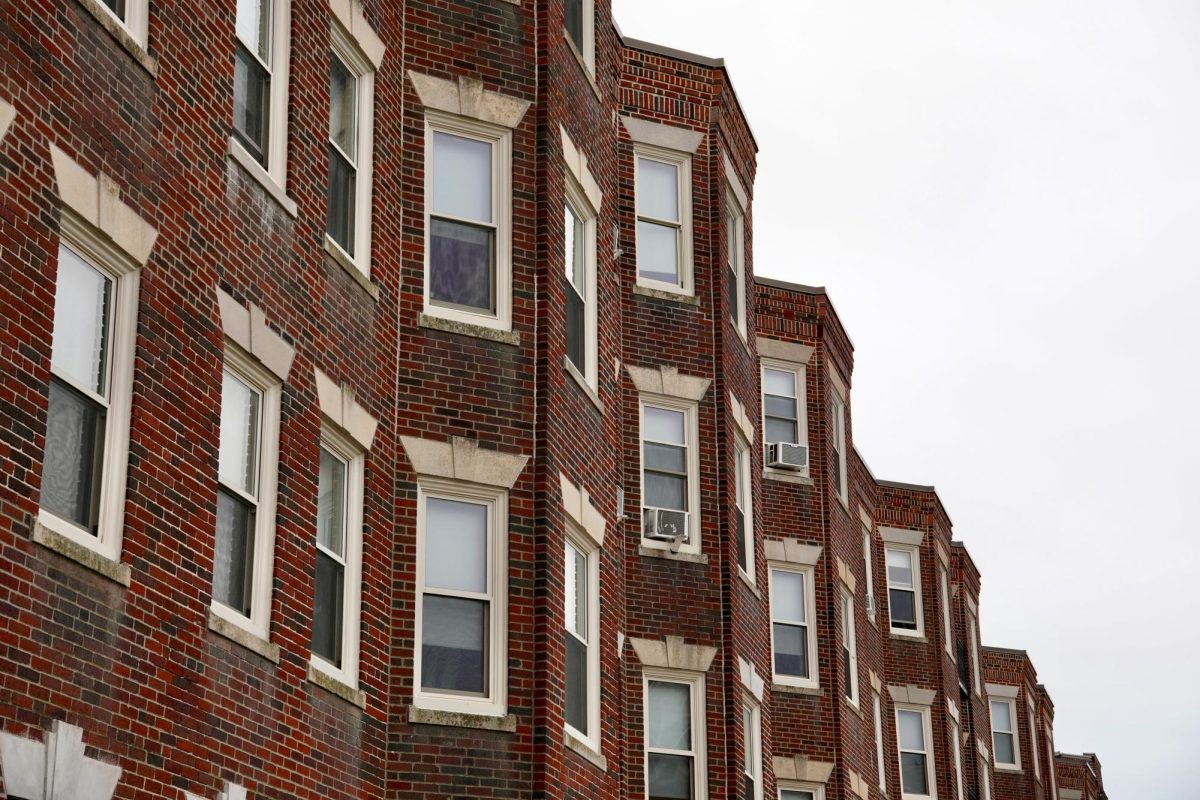Boston’s Roslindale neighborhood has a reputation for being sleepy and residential, but Laura Charles and Adam Rogoff are looking to change that.
The two are business partners who co-direct The Substation, a coworking and event space that was issued one of Massachusetts’ brand-new liquor licenses on Jan. 27. It’s one of 225 licenses created by the state’s October 2024 legislation and one of the 15 “community licenses” intended for nonprofits, small theaters and outdoor spaces. The license will enable their business to offer a wider range of alcoholic beverages, giving them a competitive edge with other nearby event spaces and offering a way to balance out the costs of maintaining a historic building.
The Substation has lived many lives. Constructed in 1911 as part of a city-wide network that powered local trolleys, the property was decommissioned in 1971 and sat vacant for almost 50 years. It was redeveloped by the Providence-based Peregrine Group, and eventually Rogoff and Charles took over the entire building as tenants.
The space is very different from what it was in 2002, when Rogoff was first asked to join a Roslindale Village Main Streets committee and advocate for its redevelopment. Back then, Rogoff said via email, it was wrongly thought that the building was contaminated. But even though it was boarded up and had trees growing out of its cracks, he saw its potential.
Rogoff purchased the building from Peregrine in August 2023 and now co-runs it with Charles.
The Scope sat down with Charles to talk about the duo’s evolving journey managing the organization, which includes both a business and a nonprofit entity.
This interview has been edited for length and clarity.
The Scope: How did you first get involved with the space?
Charles: I live in Roslindale. And I was actually starting to scout locations for my own coworking space. I saw a sign go up on The Substation building, so I started to ask around kind of who was behind it, and I connected with Adam.
This is before it was open. He was looking for someone to run the coworking space. And we were scheduled to open in April of 2020, but that obviously got delayed.
So we ended up opening later that year, and at the time it was just a co-working space on the lower level of the building. At that point Adam had been involved as a volunteer, figuring out the redevelopment of the building for 15 or 20 years. It was a community-led process.
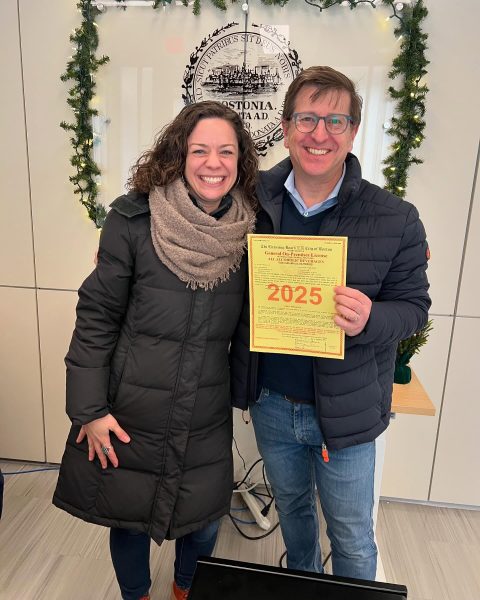
At the time, Turtle Swamp Brewing was running a tap room on the main level. COVID obviously made that really difficult for them to continue. They terminated their lease in 2021 in the fall.
And that’s when we expanded into the entire building and started running the business, more like what it is today which is a coworking space and event venue.
We also have been running a beer hall, which is soon to be a full bar. That’s really what allows us to stay open to the public for community events and other performances, and just a gathering place for the community.
The Scope: I saw that in summer 2018, an arts popup used the space for artist co-working and exhibitions. Are the arts still part of the substitution in any meaningful way?
Charles: Yes, they are. It’s always been a part of our business mission. Even when we were just a coworking space, we had this idea that we would rent out the lower level for events in the off hours. But once we had access to the whole building, we really started to imagine.
It’s also something that the community had been interested in. One of the first people that reached out to us when we took over the lease for the main level was a local circus group Commonwealth Circus Center. And they were like, “This is the perfect place to perform circus.” So people started inquiring with ideas.
It was something that we never could have imagined, right? So people were reaching out to us sort of with their ideas and their visions for what was possible in the space.
And we had heard from a lot of community members that people wanted to see more art, more music here, not only in Roslindale, but specifically in this building. So it was always a part of our business mission.
The Scope: How do you make an organization like this work financially?
Charles: It was really difficult to figure out a financial model that worked. It’s a historic building. It is very expensive to run and operate, and we want it to be accessible to artists. So about a year and a half ago, we did end up establishing a nonprofit, which is called Substation Community Supporters.
It’s obviously separate from the business. But the mission is to be able to secure donations and grants—to fund arts and cultural programming in the space and also to support the historic preservation of the building—two things which are very difficult to do, just on business margins. And so we really needed to be able to access donations and grant funding to do both of those things.
The Scope: Co-working spaces have been huge in recent years, especially after COVID. Where did you first get the idea to run a coworking space?
Charles: We sort of had different initial interests in [coworking]. For him [Rogoff], he’s an attorney by trade and has been self employed for 20-plus years, and he was working from home a lot, and was just kind of looking to connect with other people.
For me, I had a child and went back to work part time and was doing some remote days and figuring out the balance of childcare and parenting and returning to the workplace.
My initial concept for coworking was geared toward working mothers, and how valuable it could be to work alongside other mothers in a similar situation where kids would ideally be welcome, and you know, there were spaces for breastfeeding or pumping, or nap space.
We have a little phone room, but we’ve also been really intentional about calling it a mother’s room or a nap room and trying to create kind of comfortable spaces around the two levels of coworking space, where people can be more comfortable or kind of change their environment.
So I think what distinguishes us is that community focus and that comfortable feel. We may not have the fancy soundproofing that some of the more corporate environments do. We don’t necessarily have large offices where teams can rent out an entire suite. There’s certain amenities like that that we may not have.
But it’s by design, you know? It’s because we want people to be working alongside each other. It’s because the space is very multifunctional, and we do a lot of other things here, and we want our coworking members to be a part of the bar. On Fridays we give them beer tokens so that after work they can come up and be a part of the beer hall or the bar. We work with our partners to get them discounted tickets to the performances and events and activities that happen here.
The Scope: So how does running the nonprofit and business simultaneously work?
Charles: They’re totally separate entities. The nonprofit is still young. There’s a separate board that governs the nonprofit. Our staff doesn’t necessarily overlap with their time. So they’re kept separate for all the reasons that they need to be kept separate.
With the nonprofit, we’re trying to be really intentional about supporting newer artists—artists of color, artists in the LGBTQ community, artists who may not be a part of their own nonprofit or their own group—that can’t afford most performance and rehearsal space around the city.
So a lot of the funding is meant to kind of subsidize those expensive rental fees and building costs for artists who are maybe not able to access as much space around the city.
We do our own public programming through the bar operations here at The Substation, like as part of the business.
The Scope: Is there anything on the horizon for 2025 that you’re really excited about?
Charles: I mean, getting our liquor license is really the big thing.
Before, we had a brewery residency program where we were working with local breweries. Our goal was to work with producers who are underrepresented in the industry. So we had two Black-owned breweries who had residencies here and were able to run their own tap room on Fridays and Saturdays for three or four months. We were working with day licenses through the city, but still trying to bring in newer breweries.
Food and beverage businesses in Boston are so difficult to open, they’re difficult to operate, they are difficult to sustain, for a lot of bureaucratic issues that exist here in Boston that don’t necessarily exist in other cities.
We have seen that some potential partners have chosen to go elsewhere because they couldn’t have drinks that were of interest to their families or their friends or their communities that they wanted to bring in. So we see it sort of as a way of welcoming in more of our community being able to just offer a broader range of drinks.
But with the liquor license, I feel like that’s sort of the final piece that we need to realize this full vision that we’ve had. You know, the co-working activation during the daytime. The availability for private rentals and our ability to stay open to the public more often.
The Scope: What do you love about living and working in Roslindale?
Charles: What I love about Roslindale is the sense of community. It sounds so cliché. But what I really mean by that is that there is a curiosity here and an interest in participating in what people are doing. That type of engagement is unique here.
What I would like to see in Roslindale—and I think in Boston in general—is a little bit more engagement across neighborhoods. And that’s something that we are really hoping to build here, where this is not only a Roslindale space, but it truly becomes a Boston gathering space.


